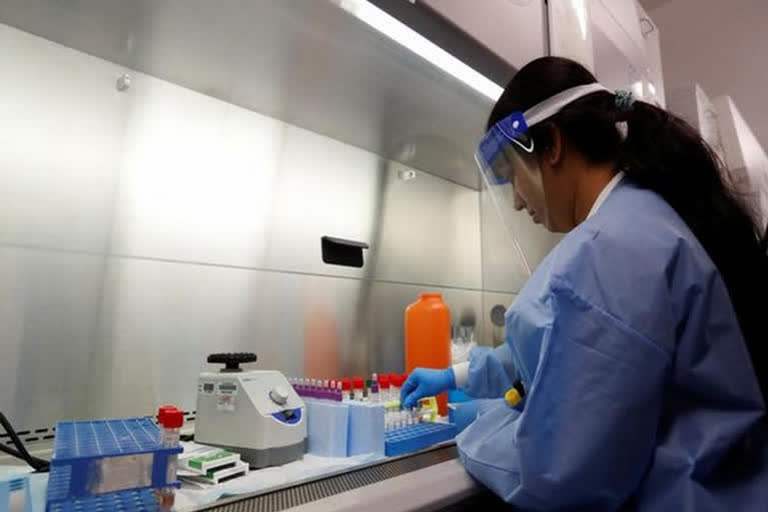Washington (USA): In a bid to help in fulfilling the need for more reliable COVID-19 testing, tech giant Microsoft teamed up with Adaptive Biotechnological to launch a virtual clinical study 'ImmuneRACE', an official release said on Tuesday.
The initiative is a part of a broader effort to rapidly map and measure the immune response to the COVID-19 virus to inform improved diagnostics to fulfill the need for more reliable testing, the release stated.
In the study, where 1,000 individuals impacted by COVID-19 will take part, the presence of specialised cells of the immune system in the blood, called T cells will be measured. T cells identify the disease early on and proliferate to combat the infection.
Adaptive and Microsoft are mapping and measuring the immune response of T cells specific to many diseases and are now applying their combined capabilities to COVID-19, the release said.
"We are dedicated to being part of the solution against COVID-19. Anyone who has been affected by COVID-19 holds key information that can help contain and manage the virus," Peter Lee, corporate vice president, AI and Research, Microsoft was quoted.
Read: Global COVID-19 tracker
The companies further stated that de-identified data will be made freely available to public health officials, academia and industry to help accelerate solutions to the pandemic.
Currently, there exist two types of tests for COVID-19. While polymerase chain-reaction (PCR) tests indicate the presence of live virus from a nose or throat swab, the serology tests indicate exposure to and potential immunity against the virus by measuring the presence of antibodies in the blood.
However, Microsoft and Adaptive said they believe a third type of test is possible.
The release stated that this type of test can potentially help address current challenges with testing by the help of complementary or alternative diagnostic testing for individuals with known exposures or symptoms, its ability to triage patients and inform treatment strategies based on risk, and the ongoing immunity surveillance testing of the population to inform decisions on restrictions.



